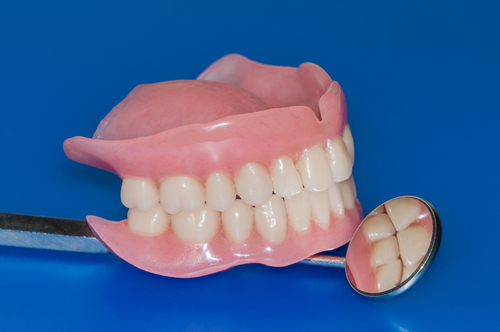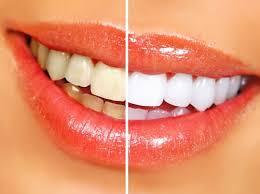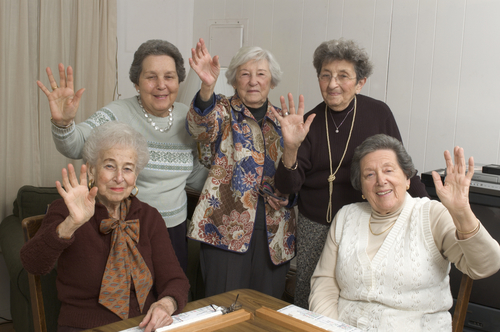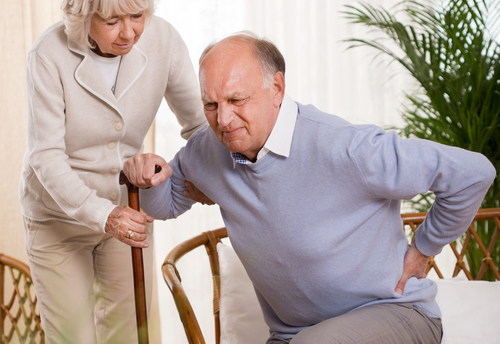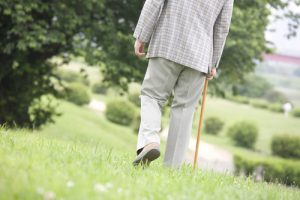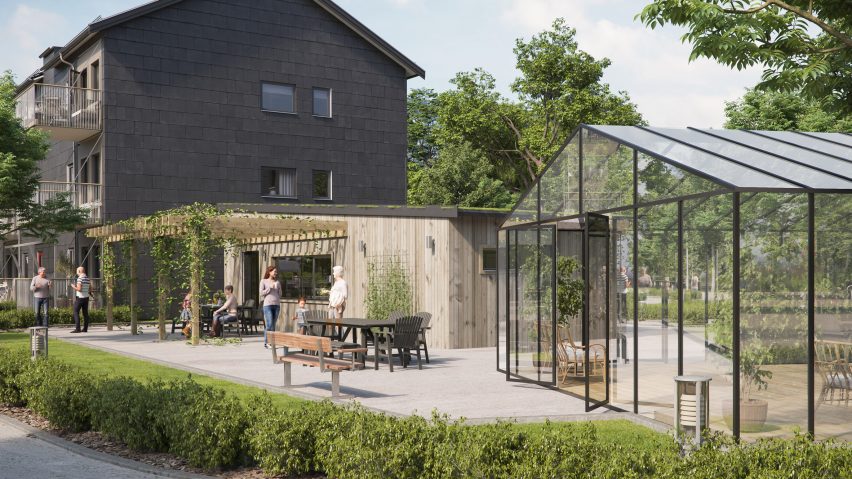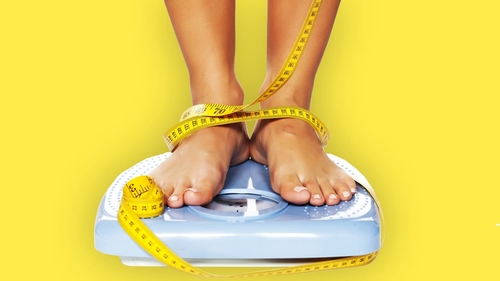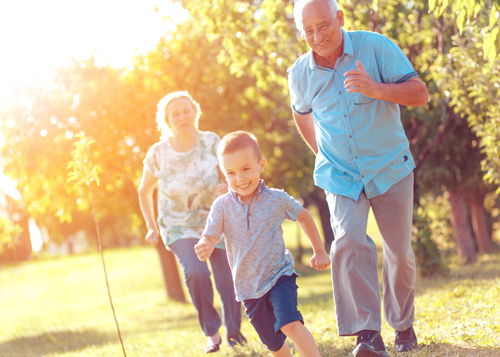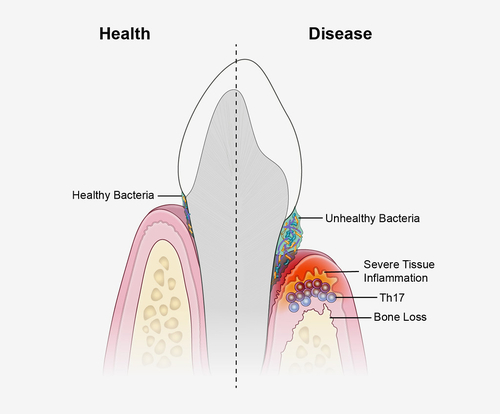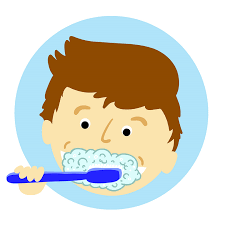
Taking too many medications is a typical problem among older adults. As the body gets older, the more care it needs, which means more doctors and more medication. Many times doctors will prescribe medicine for side effects, thinking they are new symptoms. You can start cutting back on medication. You have to be the one to take the first step.

7 Ways to Start Cutting Back on Medication
Overmedication is a serious health hazard for older adults. It’s easily overlooked, making it even more dangerous. It’s easier to assume side effects are new symptoms than side effects from medication.
Seniors become more sensitive to drugs as they get older. The side effects affect them differently than it does in younger people. Americans age sixty to seventy-nine use five or more prescription drugs daily. The more drugs a person takes, the higher risk of adverse drug reactions.
These reactions can be things easily thought of as part of an illness, like diarrhea, constipation, lightheadedness, weight loss, nausea, confusion, difficulty sleeping, or sleeping too much.
Cutting back on medication you take can help reduce cognitive decline and falls.
1. Schedule a Doctor Visit(s)
Do not decide what medication to stop taking on your own. It’s dangerous and could make you very sick.
One reason that people take too many medications for too long is that you schedule a doctor’s appointment when you don’t feel good. Instead, make an appointment to specifically go over all your medicine.
Don’t be afraid to ask questions about what the drugs are for, and if there are any that you can stop. See if any side effects are symptoms you are experiencing at that moment.
Expect that it will take a few appointments to get off medications properly. There are usually plans to slowly lower dosages to avoid any withdrawal symptoms or see how you do. If you react positively to a lower dosage, that can be a sign that you don’t need to take the drug.
This process can take months, so be patient.
2. Be Informed
You need to know what you’re taking and why. You can make a list or even a spreadsheet with info like the drug’s name, why you are taking it, who prescribed it, how long you’ve been taking it, is it working, and side effects. This will not only help you but your doctor as well. It allows for a bigger picture to be shown.
3. Talk About Treatment Goals and Preferences
Never assume that your doctor knows what your preferences are. They don’t. Make a list of what your goals have and discuss them with your doctor. Your goals may affect what medication you take.
4. Nondrug Avenues
There are plenty of alternative avenues that don’t involve drugs that you can try. Changes in diet, lifestyle, and activity can significantly change your life. Talk to your doctor about which of these paths you can take and what medications they may lessen or even eliminate.
5. Keep Your Doctor in the Loop
If you start something new, let your doctor know and why you are taking it. If it’s from another doctor, make sure to let your primary know that as well.
It’s up to you to keep track of your prescriptions and to communicate if they aren’t working for you.
6. Be Smart About Adding to Your Prescriptions
If any doctor wants you to try a new drug, do research. Find out if it’s a drug that could cause you harm because you’re older, versus someone younger. Ask your pharmacist about drug interactions and side effects. Then you can decide whether to take it or not.
7. See a Geriatrician
It may be better to see a geriatrician instead of a primary care doctor. They’re more focused on older people than the general public. They have more knowledge about how older people react to drugs and different illnesses.
Read more here.






